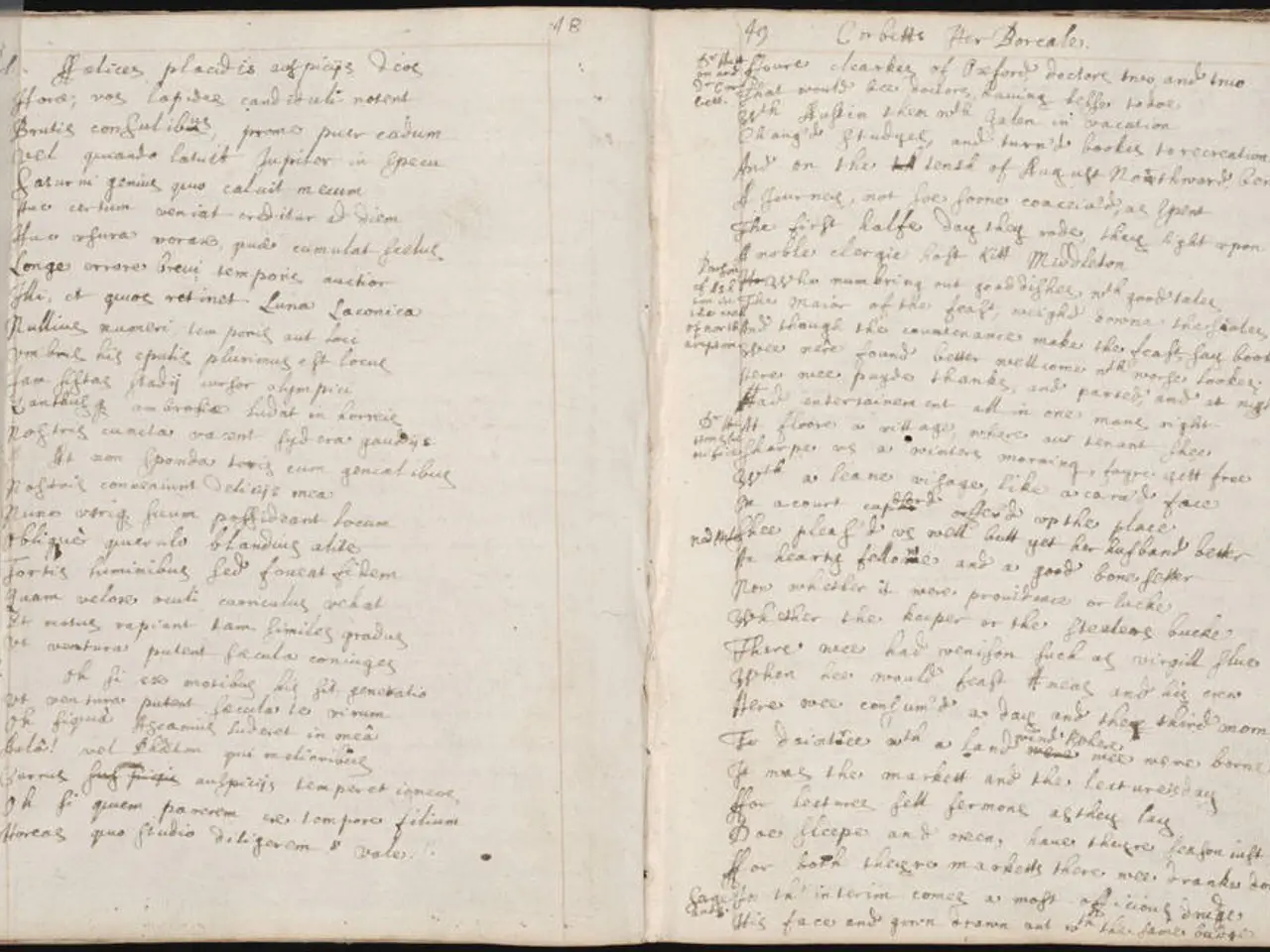Instructions for Composing Literature Reviews
In our comprehensive literature review, we have delved into the intricacies of the subject matter, synthesizing the major themes and results that collectively advance understanding in the field.
Our analysis has highlighted several key findings, which not only reinforce existing knowledge but also challenge conventional theories and practices. However, it is equally important to acknowledge the gaps and limitations in the existing research, which serve as a beacon for future investigations.
The implications of these findings are far-reaching, impacting both practice and theory, and offering valuable insights that extend beyond a mere summary of the studies reviewed. By integrating and comparing the results and arguments of the different sources, we have provided a comprehensive perspective that showcases how they support or contradict each other.
Moving forward, we propose clear, actionable future research directions that build on identified gaps or extend theoretical and practical frameworks. These suggestions aim to position our review as a springboard for ongoing scholarly work, fostering a collaborative and innovative research environment.
It is our hope that our literature review serves as a strategic opportunity to make a lasting impression, providing specific takeaways that motivate continued inquiry. By restating the research question and objectives, summarizing the main themes explored, and discussing the broader implications of the results, we establish the significance of our review and its role in advancing the field.
In essence, our conclusion is not just a summary but a critical bridge to future research, highlighting what we know, what we don’t, and why it matters going forward. We invite researchers, practitioners, and policymakers to join us in exploring these gaps and building on our findings to push the boundaries of knowledge in this fascinating field.
Through this extensive literature review, we have underscored the importance of continued research, education-and-self-development, and personal-growth, as it relates to the advancement of our understanding in this particular field. Moving forward, it is crucial for learning and exploration to be oriented towards addressing the identified gaps and extending current theoretical and practical frameworks, thereby fostering ongoing scholarly work and contributing to the broader realm of personal-growth and learning.




